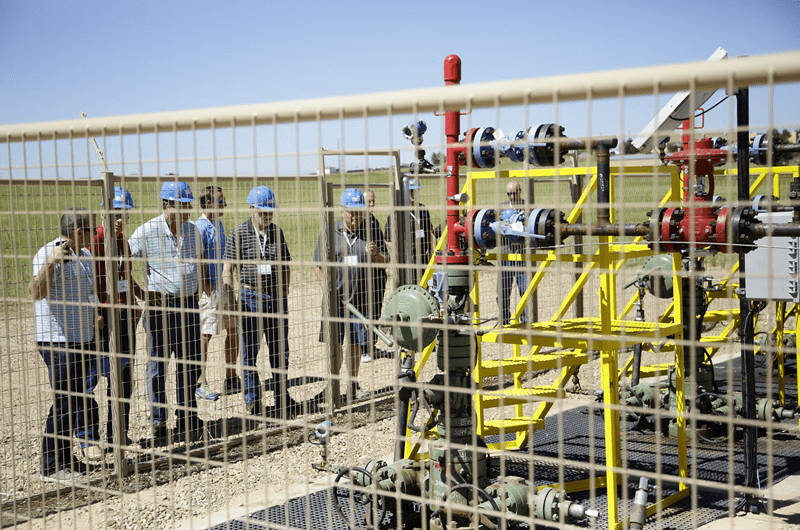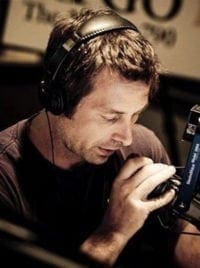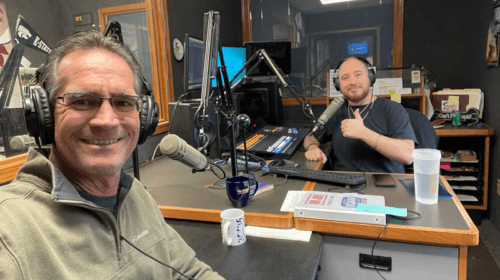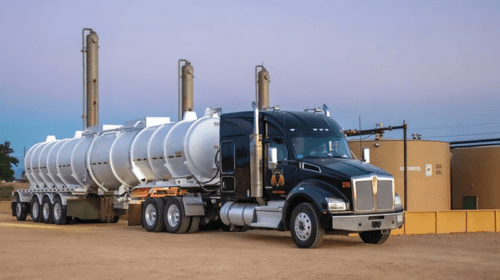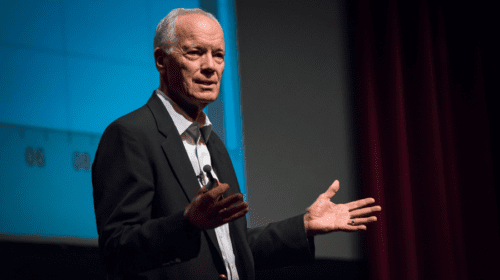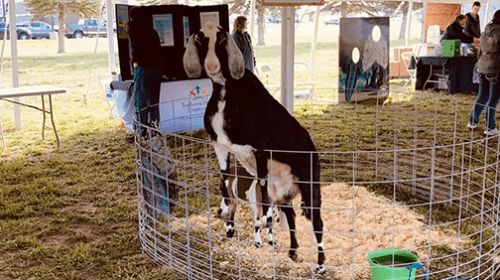The Crude Life engages with industry experts and energy enthusiasts every day with interviews, radio programs, social media posts, print features, and podcasts. These conversations range from CEOs to truck drivers to authors to engineers to cafe owners. Just like our diverse experts and interviews, the conversations have depth and worldly experience.
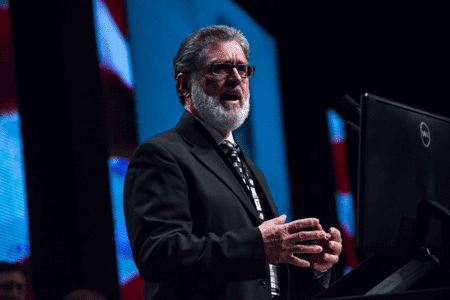
“The North Dakota Industrial Commission has approved a plan to spend $33.2 million in federal CARES Act funds towards a program that will reclaim abandoned and orphan oil well sites. We believe we will employ probably close to 600 North Dakota CAT operators, dirt work people, roustabouts, [for the] restoration of these sites. The goal will be by the time winter arrives that all the wells that have been plugged plus 53 non-well sites will have been demolished and all the equipment removed.”
Lynn Helms, Director, North Dakota Department of Mineral Resources
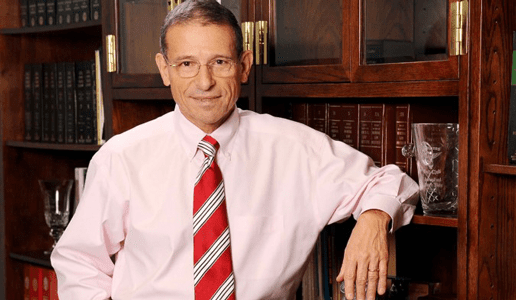
“Looking at both global and North American data, [it] seems clear that there certainly were (COVID) effects in the global market back in the last part of 2019; looking at U.S. consumption data with oil and natural gas, you could see the trends. People have a funny idea that the economy works like a light switch. We turned it off and all these things happened, because of coronavirus, and now that we’ve turned it on and everything is just going to come roaring back, everything is going to be like it was before. I certainly wish that were true. But I seriously doubt that it will play out to those expectations.”
Art Berman, Energy Economist, Labyrinth Consulting
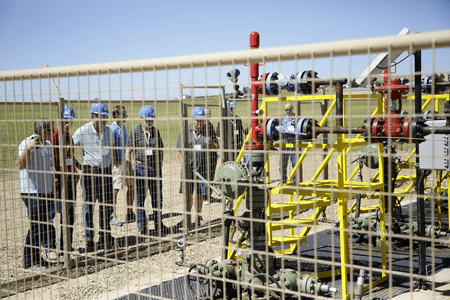
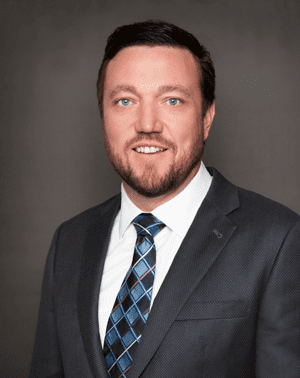
“The wells being shut in are affecting everyone in the industry, it’s what is helping the price come up which is a good thing for everybody. For whatever negative it created, I can assure you, based on what I’ve watched over the last month with oil prices, it definitely has more upside than down overall.”
Brandon Davis, Chairman/CEO, Swan Energy

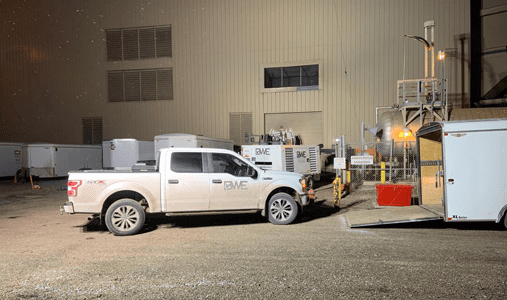
“Hope should never be used in an industrial sense. Ever. You don’t hope you are going to be safe. You don’t hope you have the right equipment; you don’t hope you brought enough materials,” Jordan said. “You prepare, you strategize, then you show up prepared. Hope is not a tactic or place. Hope is not something you base your business off of.”
Aaron Jordan, President, Black Water Environmental
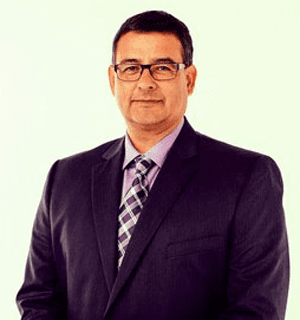
“It’s a land grab based upon greed. That’s what it is and people need to understand that. Ownership wasn’t in dispute for 80-some years and not until oil got developed under there and escrow accounts were created that dispute grew because the state of North Dakota wanted that money.”
Mark Fox, Chairman of the Mandan, Hidatsa, and Arikara Nation (MHA Nation)
“Bitcoin miners are in a race global to find the lowest cost energy, it’s a big part of their overall cost. So, if they want to mine profitably, they have to secure energy at the lowest cost possible. In the oil and gas sector, we are finding Bitcoin mining can help consume stranded and waste gas, specifically. So, it’s helping to fix some of the problems in the oil and gas industry in regard to emissions and wasted gas. Because again, Bitcoin miners are on a global race to find those lowest cost energies and wasted and flared gas can plug some miners in and get value out of that wasted gas.”
Marty Bent, Bitcoin Expert, Great American Mining
“I was in the Permian last week and visited a couple customers and one was looking to buy a large group of 50-75 brand new belly dumps. Again, this was a customer who was strictly hauling sand for some of the bigger guys out there, the EOGs, the NexTiers, the Conchos, or whoever it may be. That was his primary contract and business. Now he is talking about switching his paradigm from strictly hauling sand to highway contracts where he is hauling aggregates. He’s talking about a reefer contract picking up produce at the Mexican border in Laredo and hauling it to Dallas and Oklahoma. So, the well shut ins impacted a lot of people.”
Zach Ellis, Commercial Finance Expert, Commercial Credit Group
The Crude Life Podcast can be heard Monday through Thursday with a Week in Review every Friday. For more info, visit www.thecrudelife.com.
Jason Spiess is a multimedia journalist, entrepreneur and content consultant. Spiess has over 25 years of media experience in broadcasting, journalism, reporting and principal ownership in media companies. (Over 30 years experience if you count his adolescent years as a newspaper delivery boy learning the importance and logistics of daily distribution and monthly door-to-door bill collecting.) Spiess has worked in the areas of oil and gas, UAS and precision agriculture, health care, cannabis, agriculture, real estate, government affairs and economic development. Spiess is the host of two radio programs, Building the Bakken and Coffee & Capitalism, and three specialty programs, MonDak OilField Review, Corporate Ink and UnStuck, that carry a radio network that spans five states and two countries. Spiess is a North Dakota native and graduated from North Dakota State University.

